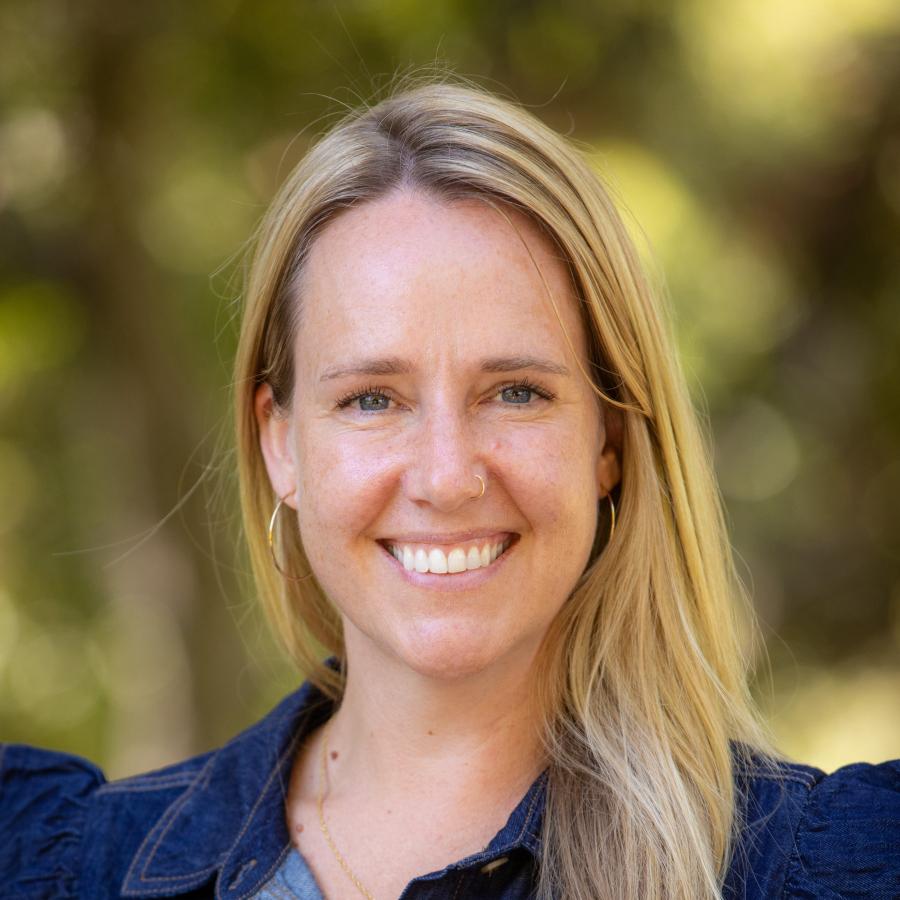Yours, Mine, Ours
Anna Fletcher, Director of Residence Life

I very rarely win anything in a drawing. I suppose I may be perpetually unlucky or Providence has determined that I don’t need extra t-shirts, watches, or trips to a resort. Learning to be content with my regular paycheck and what I already have is probably what I truly need. However, in a break from the norm, I won a book a few years ago with the title “Our Kids: The American Dream in Crisis” by Richard Putnam. The professor who provided this book for the drawing described it as a work that takes a look at the so-called “American Dream” and its direct correlation with access to certain privileges – whether financial, familial, educational, etc. In other words, when you have more resources at your fingertips, your dreams are more likely to become a reality and yet without resources…well, the dream becomes inaccessible, possibly even a nightmare.
As the faculty member went on to talk about other elements of the book, I was deeply struck by his descriptions of the impact in saying “our kids” instead of “my kids” – the subtle shift from being singularly concerned for “me and mine” to caring about the welfare of our neighbors. His recountal called upon us to imagine what it would be like to view all children as our own – to be just as concerned for their wellbeing as we are for that of our own offspring. At that moment, my mind went to the students who were lovingly caring for my toddler in the residence hall. These students seemed to believe that sacrificing a couple of hours of “chill-time” to play with a child was well worth the investment. This toddler now has 9 years of investments made in her life by students who have seen the value of living and loving in community. I would like to believe that the investment is mutual, as would be the ideal in communal living. Although…maybe sticky finger prints on the glass doors and half eaten string cheese in the communal fridge is not ideal; but who wouldn’t giggle at being surprised by a forgotten, stuffed animal staring at you in the laundry room?!
So if mutuality in communal living is the ideal that I see, what exactly is it that I am proposing for our students and how can you as a Westmont parent join in? Good question! Let me share with you what I have seen broadly in my 15 years of living with our students in community:
Westmont brings students from different families, states, countries, socioeconomic backgrounds, cultures, ethnicities, races, faith expressions and familial values and puts them in the same room, across the hall, brushing their teeth at the same time and warming up a cold ramen in the microwave together. At its best, communal living increases a sense of belonging in a new environment and bridges gaps between people from different backgrounds. It gives the opportunity for interpersonal growth at a very crucial age of development as students are learning how to show up as their adult selves without the context that previously defined them. At its worst, it provides daily opportunities for making incorrect assumptions, saying hurtful things, getting annoyed with different habits and encountering the clash of a variety of home values and personal choices. It’s real, messy and deeply human.
In broader cultural narratives, the idea of moving into the residence halls for college is portrayed as the beginning of a fun, new life with our soon-to-be best friends - when the reality actually looks more like a crucible where we face choice after choice about who we will become and where we learn to make sense of ourselves in this new place. It is much less like a fun week at youth camp and more like a four-year bootcamp in figuring out who we are in relationship to and with others. For some…for many, this can be a deeply unnerving time. And this is precisely where “your kid” becomes “our student” and we become partners in the mutual work of supporting them. We become neighbors looking out for the welfare of everyone in the community, and it is in this mutuality that we can help our students to access their dreams.
Practically, I see three ways that we can mutually support them in this crucible: 1) normalizing that taking on adult responsibilities is challenging and uncomfortable, but good; 2) encouraging them to find wise people to talk with about life. Academic, spiritual, and relational mentors can provide much needed guidance as they are finding their own way in life; and 3) modeling for them what it looks like to love our neighbors in the way that Jesus modeled for us. It is in this space that the radical message of “mine” becoming “ours” makes so much more sense.
Thank you for the opportunity to be your neighbor during this time.